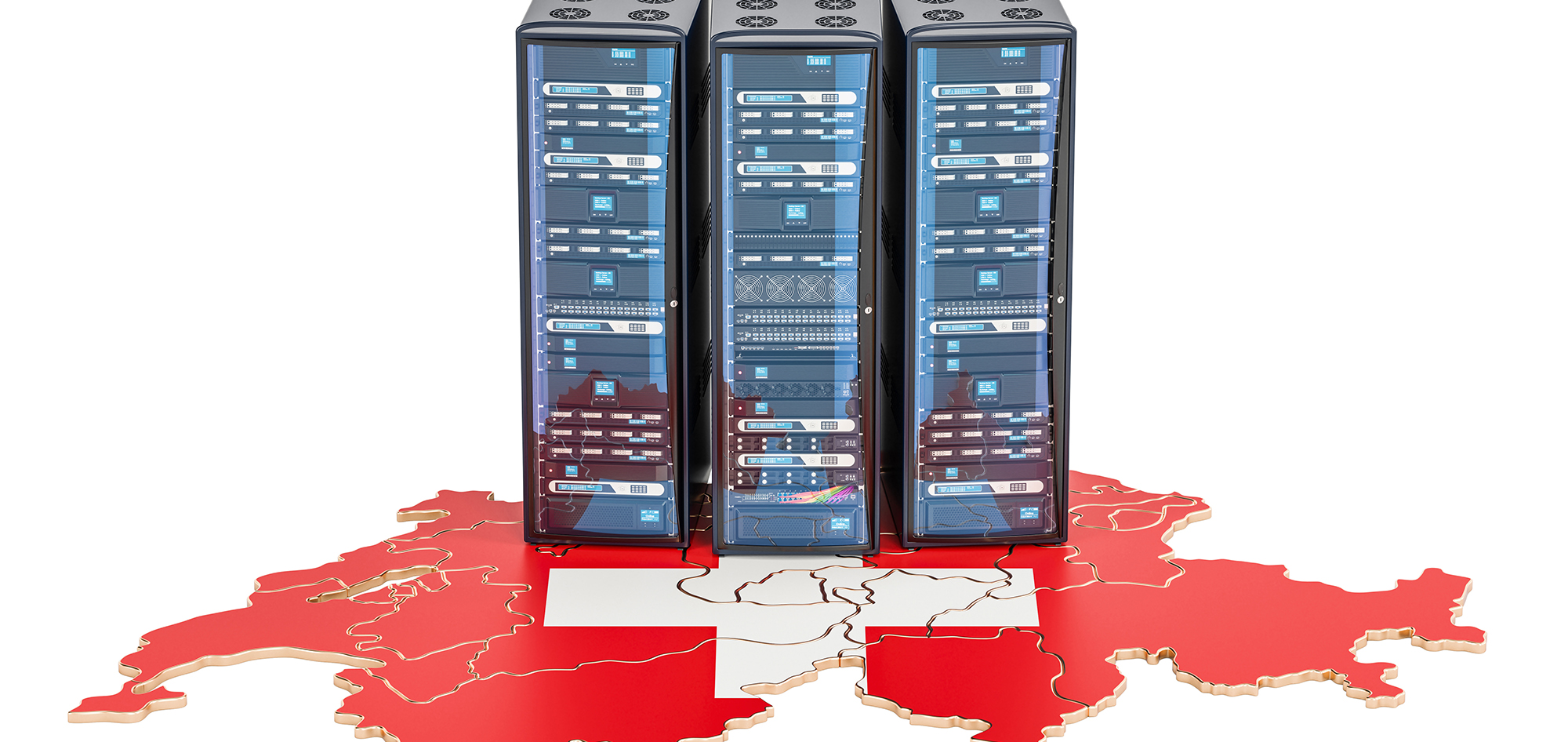Cloud nationalisation nests in Switzerland
Faced with the exponential growth of digital data and the risk of cyber attacks, many countries are seduced by a nationalization of the Cloud. Switzerland, for example. However, this local storage raises security questions.
Our data in the “clouds”. The term summarizing the storage of exponential production of digital data is quite poetic. In reality, the cloud takes the form of gigantic centres made up of thousands of servers capable of hosting trillions of pieces of data. Photos, music, private videos and other files of all kinds make up these “famous clouds”. According to the Synergy Research Group’s 2019 report, some 430 mega data centres would be in operation around the world, some 40 would have emerged form the earth in 2018 alone to absorb this data economy. This galloping scan is not without risk.
The most recent cases of cybercrime, marked by massive data theft, are a reminder of how permeable “clouds” are. More and more users are therefore now concerned about the country where the servers hosting their data are located. Aware of this security issue, many cloud players are relying on local data storage, i.e. in the country where these companies operate. This trend is confirmed in Switzerland. The major players in storage are multiplying their offers. Like Swisscom and its MyCloud. This is also the case with Microsoft.
With its Azure service, the technology giant from Redmond has just inaugurated two data centres in Switzerland. One in Geneva. The other in Zurich. The American mastodon will offer its cloud services to businesses, public administrations and NGOs. The objective of these openings is therefore to offer Swiss companies and administrations the possibility of keeping their critical data in Switzerland while taking advantage of the replication systems
But is this domestic storage necessarily safe? Doubts remain. Especially since the promulgation of the Cloud Act by US President Donald Trump in March 2018. Through this federal law, Washington can compel all U.S. companies, in the context of criminal investigations, to hand over data stored in foreign territory to judicial authorities. In the case of Azure, for example, Microsoft could therefore be forced to hand over the data of its Swiss clients to the American justice system
A sticking point that challenges Switzerland’s independence and the security of the data stored by the jewels in the crown of the Swiss economy. Like UBS. The banking giant has just signed for Microsoft’s offer. By chance, Switzerland has just (finally) adopted an update of its data protection law to adapt it to European standards.Will this evolution allow the national cloud to flourish in the face of American attacks? It’s hard to say. The only certainty is that it will facilitate the deployment of an emergency protocol in the event of flaws.
Cloud nationalization is not going to solve the security of stored data with a snap of the fingers. That risk will always remain. On the other hand, it forces economic players to position themselves and make choices: what information will I be able to store in these infrastructures? Is this data sensitive? These questions underline the value of information and invite companies to be agile in the storage and security of this data.











